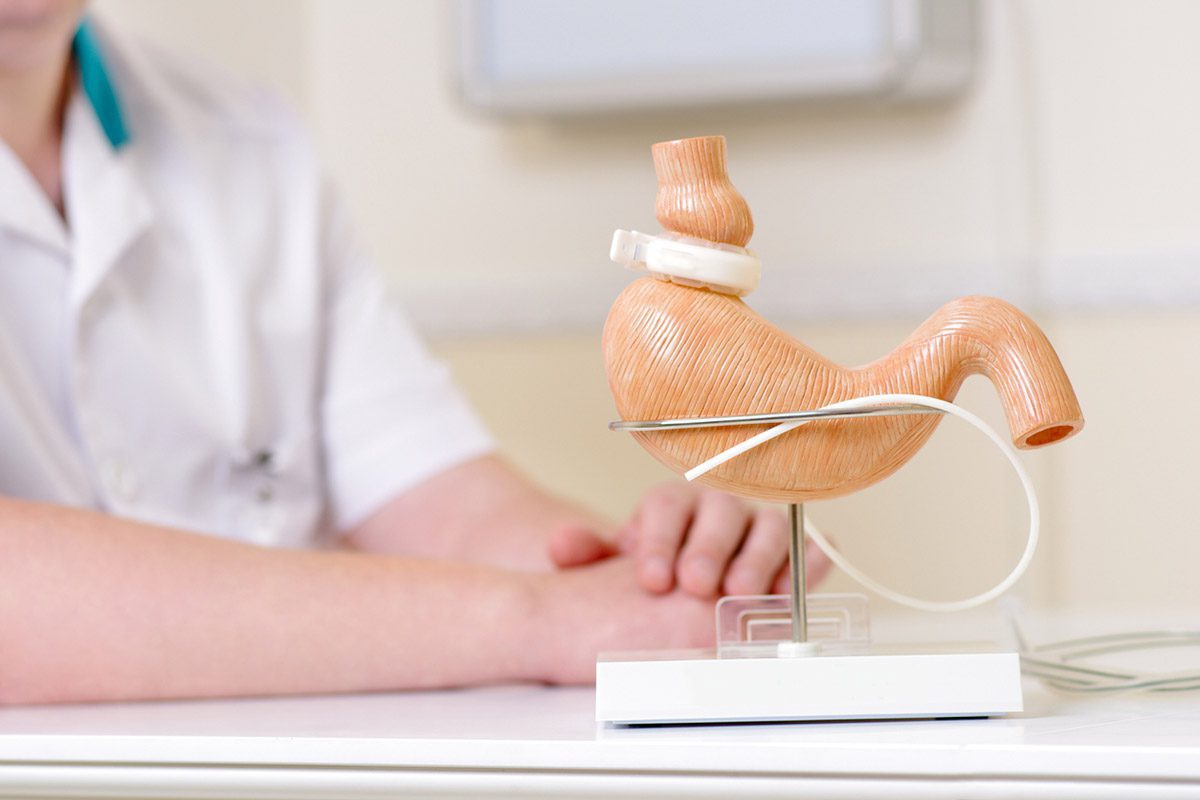Because this piece does not have an abstract, we have provided for your benefit the first 3 sentences of the full text.
To the Editor: Dr Bartoli and colleagues suggest that the dissociative and antidepressant effects of ketamine are two sides of the same coin or, to use a different metaphor, that they go hand in hand. This is hardly surprising. The efficacy and adverse effects of most treatments are dose-dependent, to a point, so higher doses of a drug may be associated with greater chances of improvement but also with a higher risk of adverse effects.
This work may not be copied, distributed, displayed, published, reproduced, transmitted, modified, posted, sold, licensed, or used for commercial purposes. By downloading this file, you are agreeing to the publisher’s Terms & Conditions.
See letter by Bartoli et al and article by Andrade
To the Editor: Dr Bartoli and colleagues1 suggest that the dissociative and antidepressant effects of ketamine are two sides of the same coin or, to use a different metaphor, that they go hand in hand. This is hardly surprising. The efficacy and adverse effects of most treatments are dose-dependent, to a point, so higher doses of a drug may be associated with greater chances of improvement but also with a higher risk of adverse effects. In other words, if the dose of ketamine in an individual patient is sufficient for efficacy, it may also suffice to produce dissociative adverse effects, and vice versa.
This does not mean that efficacy and adverse effects are mediated by the same mechanisms, nor even that one predicts the other. It is common experience that patients may experience treatment benefits without adverse effects, or may suffer adverse effects without improvements in indices of illness. I agree, though, that the relationship between the dissociative and antidepressant actions of ketamine merits study and that if the adverse effect is not necessary for the benefit, it would be nice to identify strategies that block dissociation without blocking the antidepressant action.
Reference
1. Bartoli F, Clerici M, Carrà G. Antidepressant response and dissociative effects after ketamine treatment: two sides of the same coin? J Clin Psychiatry. 2017;78(9):e1318.
aDepartment of Psychopharmacology, National Institute of Mental Health and Neurosciences, Bangalore, India
Potential conflicts of interest: None.
Funding/support: None.
J Clin Psychiatry 2017;78(9):e1319
https://doi.org/10.4088/JCP.17lr11789a
© Copyright 2017 Physicians Postgraduate Press, Inc.
This PDF is free for all visitors!





